
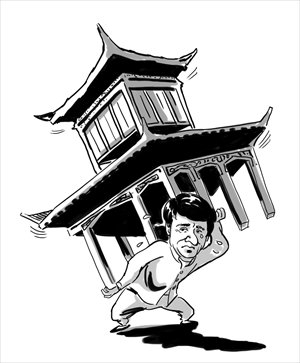 |
| Illustration: Liu Rui/GT |
More than a month ago, Chinese movie star Jackie Chan announced his decision on Weibo that he would donate four Hui-style sandalwood houses, built between 200 and 400 years ago, from his private collection to Singapore.
The decision sparked huge controversy, since these houses were estimated to be worth 500 million yuan ($81.5 million) and Chan was slated for not returning them to the mainland.
After a CCTV interview to clarify his position, Chan was forced to announce he would donate another six of the houses to Beijing.
This controversial donation reminds me of another similar event about the return of two bronze animal heads which were looted from the Old Summer Palace in the second Opium War (1856-60).
The Chinese public was flattered when the French Pinault family decided to donate these two historic relics back to where they had been. The family once suggested they would give back the looted relics when the Dalai Lama was allowed to return to Tibet, but they were even applauded for their courtliness this time.
These two bronze heads, which were part of a fountain in the Old Summer Palace, were originally designed by a French priest. Chen Lüsheng, deputy curator of the National Museum of China and a well-known conservative-nationalist critic, said they were just "taps manufactured by a foreigner" and did not deserve the title of national treasure.
Nonetheless, his xenophobic comments won little praise online.
China has been striving to restore the confidence it once enjoyed before the "century of humiliation." For many Chinese, the loss of these relics is a reminder of the time when the country could be easily bullied. Seeing them in a foreign museum is like sprinkling a handful of salt on the wound of their broken and vulnerable confidence.
The artistic value, whether superb, as most critics believe, or secondary, as Chen's bigoted comments claim, is of minor importance anyway.





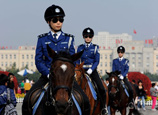
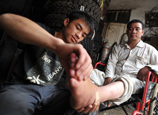
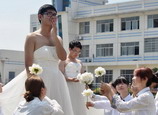
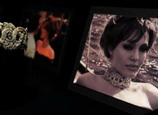
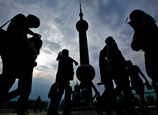
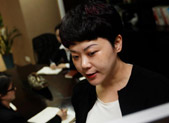






 White angels in Chongqing South West Hospital
White angels in Chongqing South West Hospital


![]()
